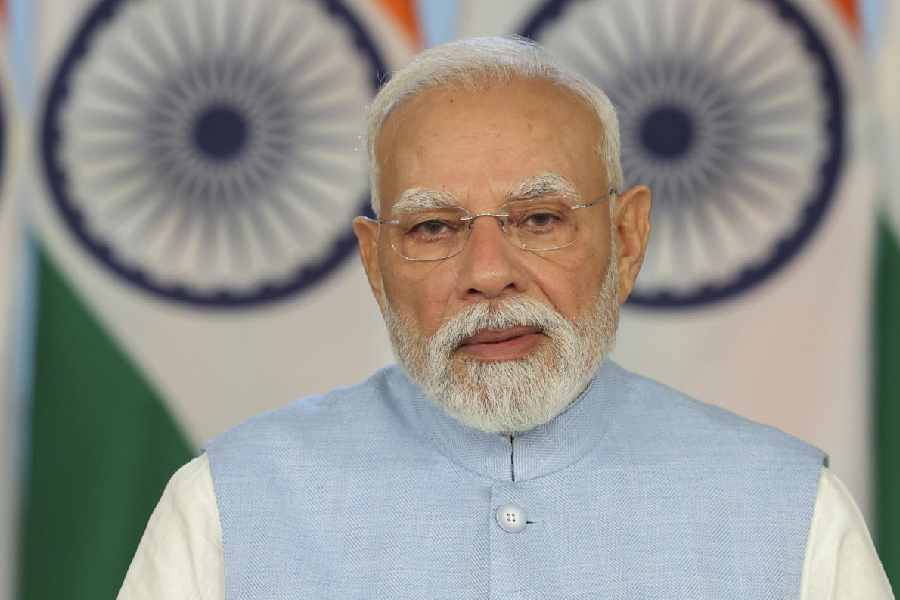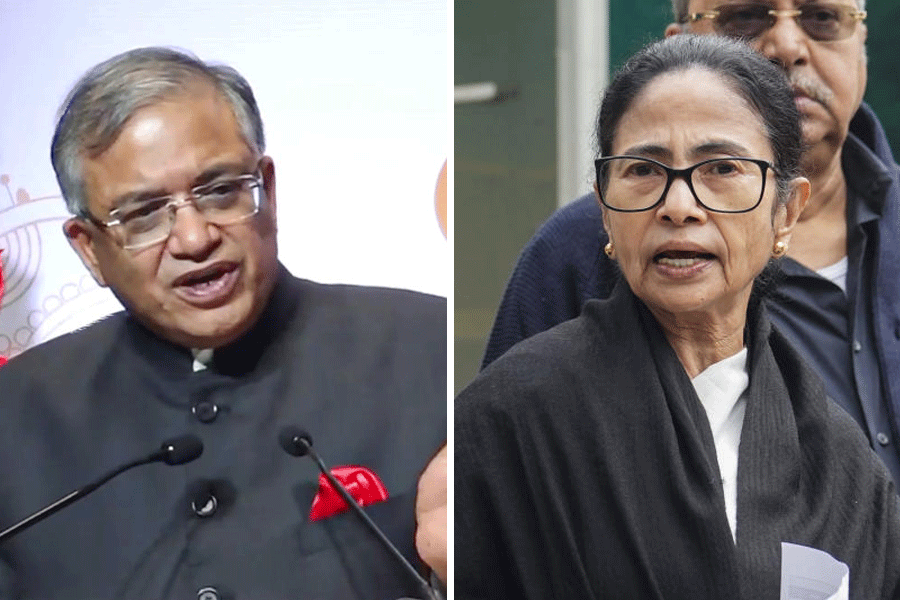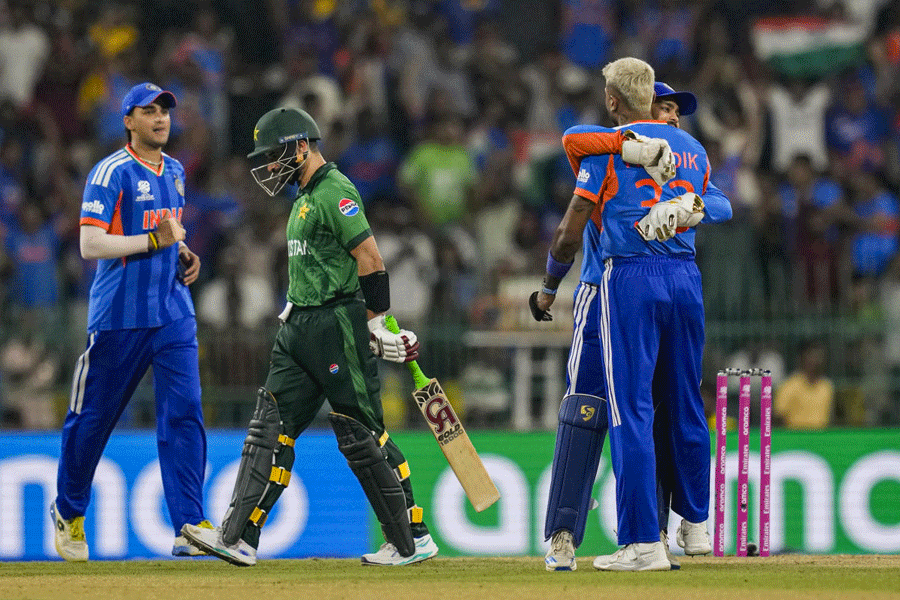Prime Minister Narendra Modi on Sunday used an address to the nation to announce a “GST Bachat Utsav” (GST Savings Festival), seeking to extract political advantage out of the tax reforms on the eve of their countrywide rollout.
Modi, however, was silent on the steep hike in H-1B visa fees, instituted by his “friend” and US President Donald Trump, which is expected to hit Indian techies the hardest.
The Prime Minister’s address, scheduled for 5pm, lasted only 20 minutes. It turned out to be yet another celebration of the GST rate reductions, which he and his ministers have been tom-tomming since last month.
“Tomorrow, on the first day of Navratri, that is, September 22, with sunrise, next-generation GST reforms will be rolled out,” Modi said. “A GST Bachat Utsav is going to begin from tomorrow. Your savings will go up and you can buy your favourite things easily.”
Modi said the reforms would bring immense benefit to the “poor, middle class, neo-middle class, youth, women and traders”.
He reaffirmed his intent to turn the country “atmanirbhar” (self-reliant), urging Indians to adopt “swadeshi” (indigenous) goods.
He claimed his government’s decision to raise the income-tax exemption limit, announced in the Union budget in February, and the GST reforms would together save citizens ₹2.5 lakh crore.
Congress president Mallikarjun Kharge mocked Modi with a Hindi phrase that translates as: “After devouring nine hundred mice, the cat has set out on a pilgrimage.”
He was implying that the GST rate reductions had come after what the Congress sees as the government’s fleecing of Indians for eight years. He demanded the government apologise to the public.
“Instead of the Congress’s simple and efficient GST, your government imposed a ‘Gabbar Singh Tax’. Through separate 9 slabs the government has already collected more than ₹55 lakh crore in 8 years,” Kharge posted on X.
“Now, by talking about a ₹2.5 lakh crore ‘savings festival’, you’re trying to put a small Band-Aid on the deep wounds inflicted on the public!”
Congress communications chief Jairam Ramesh saidthe GST reforms were “inadequate” and wondered whether they would boost privateinvestment.
Modi, however, claimed in his address that the reforms would “accelerate Bharat’s growth story, enhance the ease of doing business, attract greater investment, and ensure that every state becomes an equal partner in the nation’s development”.
He urged Indians to buy and sell only Indian-made products, and urged state governments to adopt policies that encourage domestic manufacturing.
Mamata Banerjee welcomed the GST reductions but asked: “Why are you (Modi) going about claiming credit…. The states are doing the hard work, bearing the load, making the sacrifices... while they are giving lofty speeches.”
She claimed that Trinamool had been the first to seek a reduced GST and its elimination from areas such as health insurance. “Our suggestions at the GST Council meetings were accepted for these things.”
CPM general secretary M.A. Baby accused Modi of “trying to spin a jumla on the people” by saying the GST reforms would lower prices and lead to self-reliance.
If the government was serious about self-reliance, he said, it wouldn’t have allowed “100 per cent FDI in insurance or opened crucial sectors like defence and mining for exploitation”, and would instead have “stood firm againstUS bullying”.










